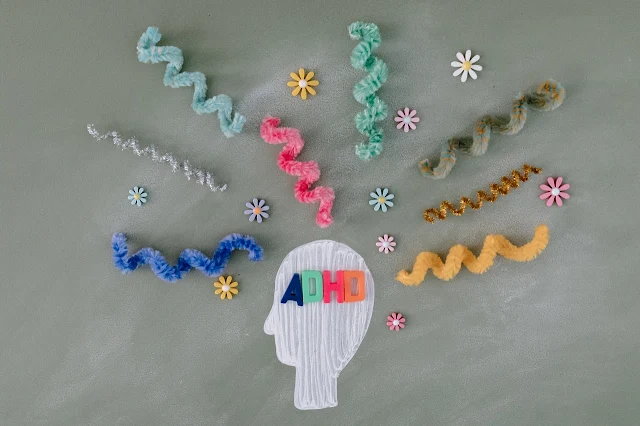Among one of the most misdiagnosed brain disorders, ADD or Attention Deficit Disorder, is a condition that is an unpalatable reality for many people; the lack of proper information about this neurological limitation results in many sufferers having to suffer even more indignity and lack of understanding from family and friends, which is why it is important to learn and understand much about ADD so as to be able to identify a person affected by it and treat them respectfully. This article is meant to be an introduction to ADD and records valuable facts about it, including nature, diagnosis methods, assorted means of treating ADD and is aimed at being a tool for understanding the scope of ADD affected lives.
ADD or ADHD (Attention Deficit Hyperactivity Disorder) as it is sometimes referred to, is the condition of limited attention span suffered for a prolonged time by the person affected by this neurological disorder; it manifests itself in various forms such as motor restlessness and impulsiveness displayed by patients with nearly 4.4% of adults possessing a certain degree of ADD, suggests medical research.
ADD, as we understand it, is a problem related to the brain dysfunction or limitation as such, that is a result of malfunctioning of its dopamine neurotransmitter systems; it is typically linked with hereditary factors, which makes it a strong probability for a child with a parent or close relative with ADD to also share the disorder and its adversities. As far as twins are concerned, ADD has a stronger chance (50%) of occurring in the second child if one has been diagnosed with it. While the earlier viewpoint about causes of ADD were mainly linked to poor nutritional habits, recent scientific research dismisses this claim as being incorrect and prefers to deal in a like manner with other myths about ADD occurring, such as allergy, inadequate parenting measures or drugs etc. The medical experts of today lay more emphasis on ADD having been caused due to intense head injury, a fettled alcohol syndrome, lead toxicity cases and even thyroid irregularities which they feel need to be completely ruled out as probable causes before a person is attributed with having ADD.
Being diagnosed with ADD means that the person is receiving an insufficient supply of neurochemicals, which simply means proper stimulation to the brain cells is missing and this results in the brain having to find other ways to release these chemicals. This is why individuals with ADD are prone to being involved in excessive physical activity, movements and situations that require them to stimulate their brains in an enhanced manner so as to meet this challenge, but it is not always a conscious decision on their part rather, it is a reflex action for them.
Among the chief disadvantages caused to people suffering from ADD due to the hyperactivity levels is that they are illequipped mentally and physiologically to deal with demanding circumstances that may not necessarily appeal to them or their level of activity; thus, issues like school work that are less than stimulating may actually be off putting for ADDers and is likely to get adversely affected with the child suffering low grades and rebukes from teachers. A story based on the days when information about scarce ADD points in this direction: A child affected by ADD will suddenly stand on his desk during school hours and start telling jokes , to please everyone with the disgust of these things. present and although his attempt at was purely for entertainment and people thought it was funny at first, he became considered a troublemaker. However, it is soon realized that the child is suffering from ADD and that these actions are in fact beyond his control. Others who are not fortunate enough to be understood to have ADD may experience serious consequences from the disorder, including damage to personal relationships, inability to work long term and suffering depression or engaging in problematic activities just to stimulate themselves, which can also have legal consequences.
Tags:
ADHD


